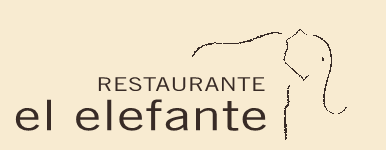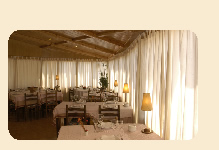 |
 |
 |
|
| THE ANCESTORS OF WINE The history of wine is as old as humanity itself and it is for this reason that it has made its mark on the character of the civilisations and communities that have had the knowledge to cultivate and appreciate it. It is known that prehistoric man knew how to make wine, and palaeontologists have found fossils that appear to be the remains of the bagasse of grapes. The oldest human manuscripts, including the Babylonian cuneiform clay blocks, or the Egyptian Papyrus manuscripts, contain numerous references to the fermented fruit of the vine. THE IMPORTANCE OF WINE THROUGHOUT HISTORY The Christian civilisation has tried to transmit the symbolical concept of the creation of wine by Noah. However, the elaboration of wine was already a common practice in the Middle East and part of China some 3000 years before the birth of Christ. One of the better known varieties in times of the Egyptian Pharaohs was the “Kankomet” which was cultivated in the vineyards belonging to Ramesses III (1198-1167 BC.). This wine is mentioned more than 200 times in the Bible and the fact that it was chosen by Jesus Christ as an important and fundamental part of the Christian rituals only goes to show just how vitally important wine was to the Jews of that time. |
||||
| WINE AND HEALTH The quality of wine produced throughout history could possibly be considered to be less than mediocre as far as modern standards go. Until the 19th century the majority of wines were consumed in the harvest year owing to the difficulties of preservation. We can say that with the work of Pasteur modern Oenology was born, which is, in its way, the medicine of wine. Wine is and will be an authentic companion to man throughout time; an honourable wine is joy to the heart and warms the spirit; and the Mediterranean regions, that were the melting pot of civilization, as well as bringing together influences from all sides, will preserve this oenological patrimony. Wine is a perfect form of energy that is easily assimilated by the human body. A table wine provides around 80 calories per 100ml. These calories are utilised in the body for maintaining general and muscular energy requirements. The effects of wine on longevity are unknown; however statistical studies go to show that moderate drinkers are the longest lived, followed by teetotallers and lastly by those that drink in excess. "Life is too short |
